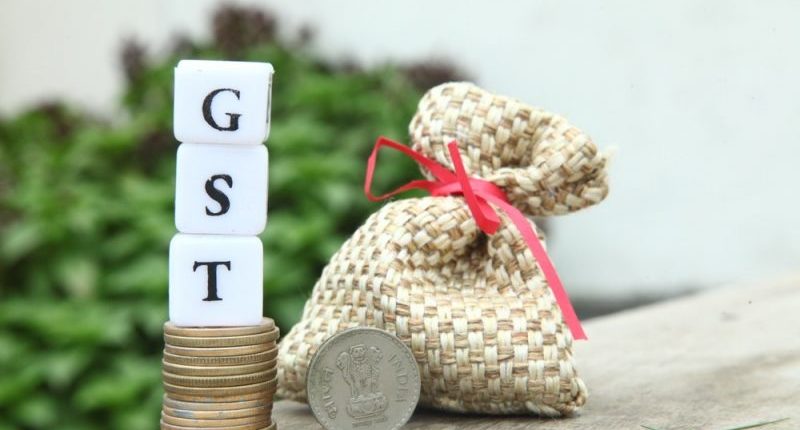The Supreme Court urged the Goods and Service Tax (GST) Council to reconsider the formula for computation Input Tax Credit (ITC) in value chains involving inverted tax structures and take a policy decision on the matter.
The Supreme Court upheld the Madras High Court judgment favouring Central GST (CGST) rules that inverted duty refund is admissible only concerning inputs for goods and not for input services. The Apex Court also set aside the Gujarat HC judgment, which declared Rule 89(5) of CGST Rules as ultra vires Section 54(3), restricting the refund only to input goods.
The inverted duty structure arises in footwear and readymade garments due to higher taxes on input and lower rates on final products. The GST Council, on 17th September 2021, will likely discuss the inverted duty structure.
In VKC Footsteps India, the Gujarat High Court held that the formula in Rule 89(5) of the CGST Rules contradicts Section 54(3) of the CGST Act. Rule 89(5) talks about the refund of unutilised ITC accumulated on input services, whereas the lateral one talks about the refund of any unutilised ITC.
On the other hand, the Madras High Court, during the judgment of TVL. Transtonnelstory Afcons Joint Venture refused to follow the view of the Gujarat High Court. Also, it stated that the proviso to Section 54(3) and its implications had not been considered in the case of VKC Footsteps India.
The Apex Court has considered the batch of appeals, affirmed Madras HC’s view, and disapproved of Gujarat HC’s opinion. The Supreme Court noted that the aberrations, which V Sridharan (appearing for VKC Footsteps) and G Natarajan (for intervenor) pointed out, certainly indicate that the formula is not perfect. The Apex Court considered the assessees’ anomalies, and it strongly urged the GST Council to reconsider the formula.
The Apex Court noted that the ITC on input goods and input services is accumulated and utilised to pay output tax. In making such an assumption, the formula may entirely favour the Revenue by reducing the refund granted.
The court stated that it is equally mindful that the proposed solution of issuing an order of utilisation of the ITC accumulated on input services and input goods may entirely favour the assessee. Also, it would make a contrary assumption that the output tax is discharged by the ITC accumulated on account of input services entirely.
The tax experts hope that the government would reconsider the anomalies pointed out by the assessees in this petition and re-craft the formula better.
Join our Telegram channel to keep getting updates on all things finance.
For any clarifications/feedback on the topic, please contact the writer at dvsr.anjaneyulu@cleartax.in
DVSR Anjaneyulu known as AJ, is a Chartered Accountant by profession. Loves to listening to music & spending time with family and friends.





